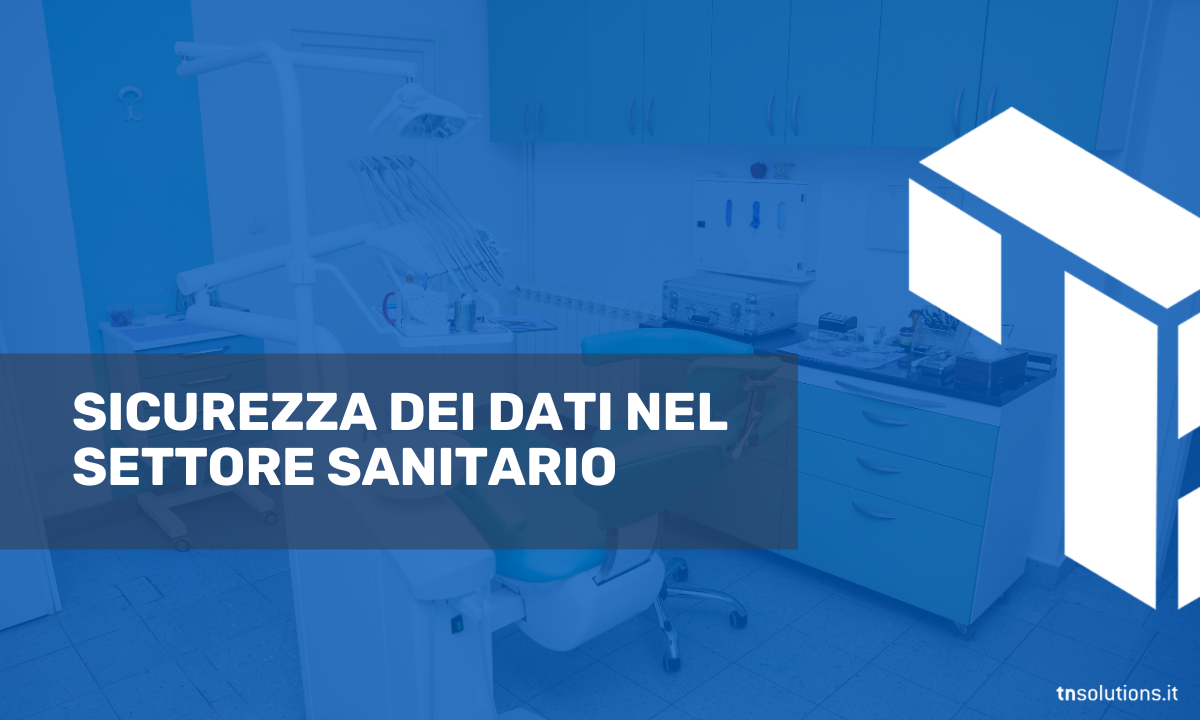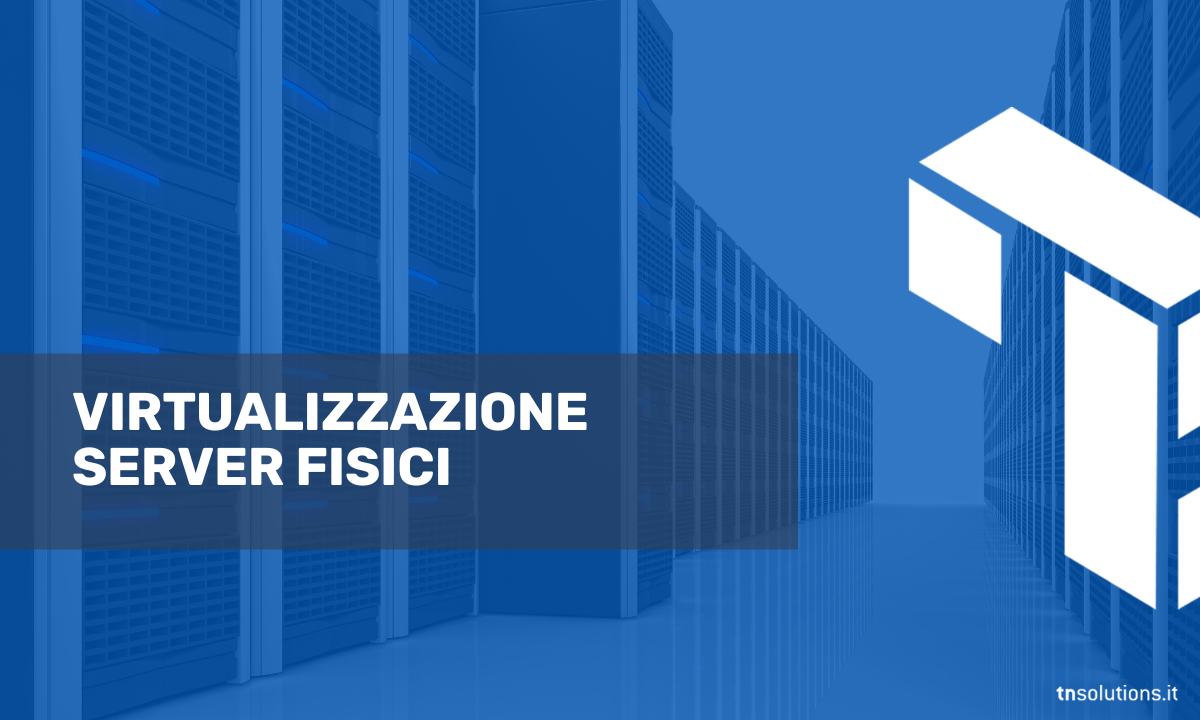
Case Study on File System Encryption
The specific healthcare customer needs that led to the request for file system encryption were brought forward by the Data Protection Officer (DPO). Being responsible for ensuring regulatory compliance and the protection of sensitive patient data, the DPO identified a critical need to implement additional security measures to protect data stored on the company’s PCs and servers.
File system encryption has been seen as a key solution to meeting these requirements, offering an additional layer of protection for sensitive data and reducing the risk of unauthorized access or privacy breaches.
Why require File System Encryption
The main data security concerns that led the client to request file system encryption were primarily related to the protection of sensitive patient data and regulatory compliance in the healthcare industry. Some of the key points might include:
- Protecting Sensitive Patient Data: The client recognized the importance of protecting patient personal and health information stored on its information technology systems. This data includes medical information, demographics, medical histories and other sensitive information that must be kept confidential and safe from unauthorized access.
- Regulatory Compliance: The healthcare industry is subject to stringent laws and regulations, such as the General Data Protection Regulation (GDPR) in the European Union or the Health Insurance Portability and Accountability Act (HIPAA) in the United States. The client recognized the importance of being compliant with these regulations and therefore sought solutions to protect data to avoid breaches and fines.
- Minimizing the Risk of Security Breaches: The customer considered file system encryption as a preventative measure to reduce the risk of data security breaches. Encryption makes data unreadable to anyone who is not authorized to access it, thus reducing the likelihood of unauthorized access, privacy breaches and data theft.
- Protecting corporate image: In addition to protecting patient data and regulatory compliance, the client also considered it important to protect its reputation and corporate image. A data security breach could severely damage patient trust and the company’s reputation in the healthcare industry.
In summary, the primary data security concerns that led the client to request file system encryption were protecting sensitive patient data, regulatory compliance, reducing the risk of security breaches, and protecting corporate image.
Implementing File System Encryption with Panda Full Encryption: An Effective Defense for Protecting Sensitive Data in the Healthcare Sector
The technology used to implement file system encryption was Panda Full Encryption. This solution represents an effective line of defense for protecting sensitive data, offering comprehensive encryption that strengthens security against unauthorized access through specific authentication mechanisms. Panda Full Encryption automatically encrypts disks without any impact on end users, ensuring that data is effectively protected. Additionally, it centrally manages recovery keys stored on a cloud-based management platform, simplifying key management processes and ensuring secure access when needed. This solution was chosen for its ability to prevent data loss, theft, and unauthorized access to information, thereby providing an additional layer of security and corporate control.
How was the process of implementing file system encryption planned and managed?
The process of implementing file system encryption was planned and managed methodically and carefully. First, a detailed analysis of the customer’s requirements and the specific needs of the healthcare industry was conducted to ensure that the encryption solution fully met these requirements. Next, a detailed schedule was created that included key project phases, resources involved, delivery times, and monitoring and control activities. During implementation, effective project management processes were used to coordinate activities, resolve any issues, and ensure timely completion of the project.
What were the main challenges encountered during the project and how were they addressed?
During the file system encryption implementation project, one of the key challenges was ensuring the encryption solution was compatible and integrated with the healthcare organization’s existing systems. To address this challenge, extensive compatibility and integration testing was conducted during development and the necessary customizations and configurations were made to ensure a smooth implementation. Furthermore, particular attention was paid to staff training to ensure correct understanding and use of the new technology.
What benefits or improvements have been observed after implementing file system encryption?
After implementing file system encryption, several significant benefits and improvements have been observed. Among these:
- Greater security of sensitive patient data stored on company IT systems.
- A reduction in the risk of unauthorized access and data privacy violations.
- Improvements in regulatory compliance, ensuring compliance with healthcare data security regulations.
- Greater trust on the part of patients and stakeholders in the healthcare company, due to the greater protection of their personal and healthcare data.
What were the specific healthcare regulatory compliance considerations during the project?
During the healthcare file system encryption implementation project, various industry-specific laws and regulations were taken into consideration. This included compliance with the General Data Protection Regulation (GDPR) in the European Union and the Health Insurance Portability and Accountability Act (HIPAA) in the United States, along with other local and regional regulations. Particular attention has been paid to protecting sensitive patient data and complying with the data security requirements established by these regulations.
How was the effectiveness of file system encryption evaluated after implementation?
The effectiveness of file system encryption has been evaluated through various methods and indicators. Security tests and audits have been conducted to verify the strength of the encryption and identify any vulnerabilities or weaknesses in the system. Additionally, key metrics such as the number of data security breaches, the frequency of unauthorized access and the level of regulatory compliance achieved were monitored. Through these ongoing evaluations, the effectiveness of file system encryption in protecting sensitive healthcare data and ensuring regulatory compliance has been confirmed.
File system encryption for which sector is it suitable
In addition to the medical healthcare sector, encryption is also effective:
Industrial production
In industrial manufacturing environments, where sensitive data such as research and development projects, intellectual property, financial and market information is present, the implementation of file system encryption has helped protect this information from unauthorized access and security breaches. This helped ensure the confidentiality and integrity of business-critical data.
Law firms and lawyers
In law firms and legal industries, file system encryption has been used to protect highly sensitive data such as client information, legal documents, research materials, and confidential communications. This has enabled law firms to ensure the confidentiality of client data and comply with regulatory obligations regarding the protection of personal data and privacy.
Industrial Projects and Engineering
In the engineering and industrial project industries, where sensitive data such as project plans, technical drawings, supplier information, and manufacturing data are handled, file system encryption has provided an additional layer of protection for that information. This helped ensure the security and integrity of data critical to the success of industrial projects.
In each of these industries, implementing file system encryption has led to significant benefits, including increased data security, improved regulatory compliance, and increased trust from customers and stakeholders.
These case studies demonstrate the adaptability and effectiveness of file system encryption in various business contexts where protection of sensitive data is of paramount importance. If you want to know more about encryption systems for PCs and servers, discover our services












